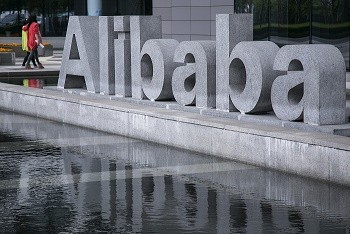Though Chinese e-commerce giant Alibaba has been earning the ire of critics over its counterfeit products, the firm recently revealed it quietly piloted ploy to deter fakes.
Alibaba eyes to curb the rising issue of fake goods by dealing with the sources themselves, offering them an alternative source of livelihood.
For instance, the firm has been working with 17 shoe manufacturers in the Fujian coastal city of Putian and encouraging them to establish home-grown brands online.
Putian is considered as the core of China's high-quality fake sneaker business. Counterfeit shoes made from the area, such as the fake versions of Nike, Adidas, and New Balance, are hard to distinguish from the genuine ones.
Wu Haiduan, director of the city's e-commerce office, stated that it has cracked down fakes, arresting nearly 160 individuals and confiscating around two million pairs of sneakers since last year.
Though the newest scheme of Alibaba has received criticisms, its proponents emphasized that one of the reasons why the country is finding it hard to pin down counterfeiters is the lack of initiative to offer them alternatives to copying goods and products.
Song Zonghu, who was once into fake name-brand sneakers but now runs the local Shuangwei Sporting Goods Co. Ltd., one of the firms under the Alibaba program, said: "You can crack down forever and never see an end to it."
"Creating new opportunities while cracking down is the way to go. Everybody has to eat," Song pointed out.
According to Ni Liang, Alibaba's Internet security senior director, the recent scheme is regarded as a key anti-counterfeit advocacy this 2015. The firm eyes to expand the program to other industries and products such as household electronics, toys and bags.
"We've received more than 60 requests from other industries," Jeff Zhang, Alibaba's chief for domestic retail marketplaces, remarked.



























